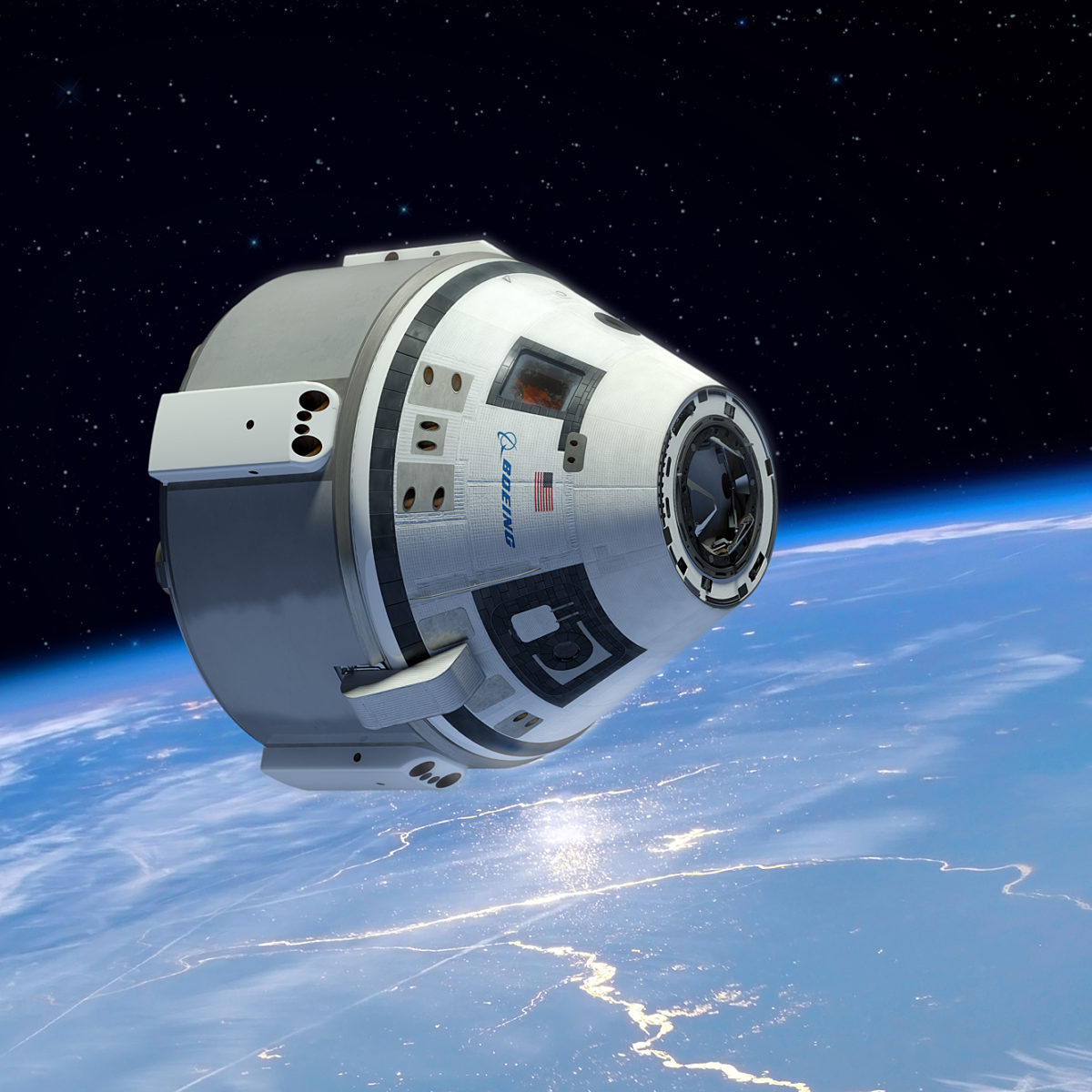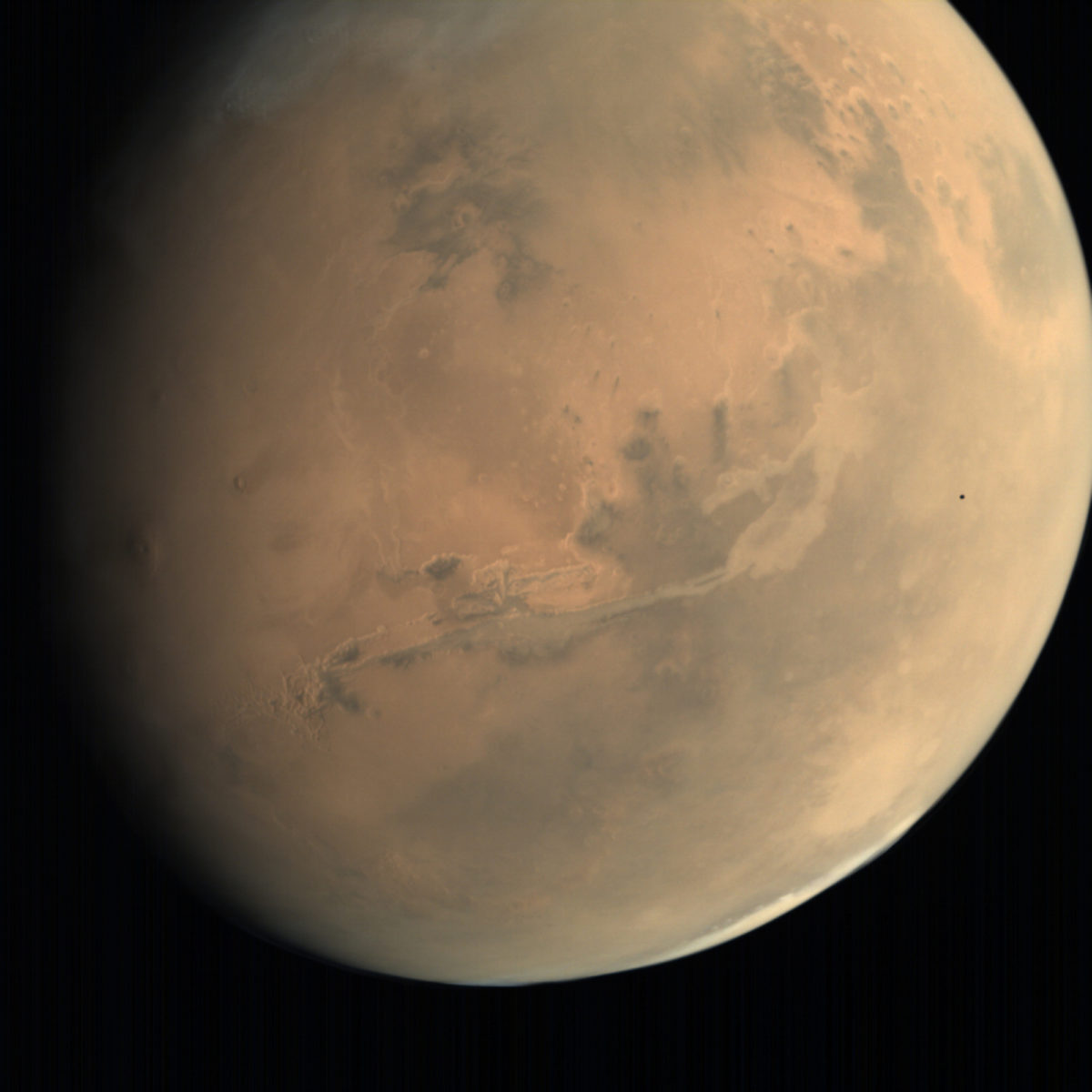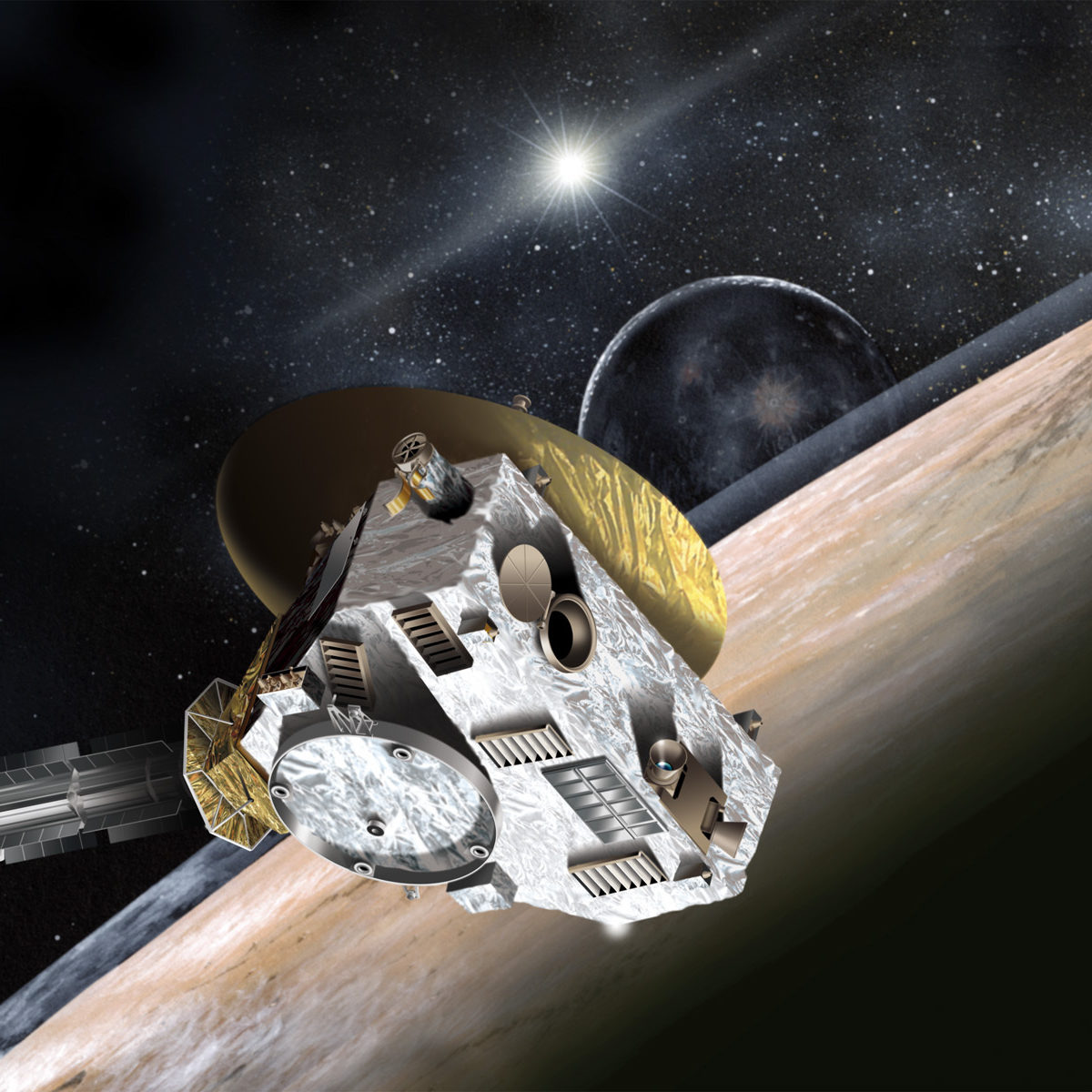All
All
Stories, updates, insights, and original analysis from The Planetary Society.
A New Budget Deal and a Best Case NASA Budget for 2016
The promise of a congressional budget deal could free up additional resources for NASA. What would a best case scenario look like, and is it possible within the deal?
Zero Dollars for 2016: Two Stalwart Planetary Missions Face a Troubling Future
In its 2016 budget request, the White House inexplicably proposed to end two active, scientifically productive planetary missions: the Mars Exploration Rover Opportunity and the Lunar Reconnaissance Orbiter.
President Obama Highlights Planetary Science Triumphs
At the White House Astronomy Night, President Obama highlighted some of the major triumphs of NASA and its planetary science program. Yet his 2016 budget calls for further cuts to the program.
NASA announces five Discovery proposals selected for further study
NASA announced the first-round selections for its next Discovery mission today. A total of five planetary mission concepts -- three targeted at asteroids, two at Venus -- will move to the next stage of the competition.
Mars Week Continues: We've Released Our 'Humans Orbiting Mars' Workshop Report
Learn all about a sustainable, affordable path to get humans to the Red Planet—a path that goes through Mars orbit and Phobos.
CubeSats to the Moon
Casey interviews Dr. Craig Hardgrove about his lunar CubeSat, how it came together, and how NASA’s support for small missions are important for early career scientists like himself.
New Horizons extended mission target selected
The New Horizons mission has formally selected its next target after Pluto: a tiny, dim, frozen world currently named 2014 MU69. The spacecraft will perform a series of four rocket firings in October and November to angle its trajectory to pass close by 2014 MU69 in early January 2019. In so doing, New Horizons will become the first flyby craft to pass by a target that was not discovered before the spacecraft launched.
[Updated] The United States of Space Advocates
See which states have the highest number of space advocates writing Congress and the White House to support planetary exploration.
An August Moment to Check in on NASA’s Budget and Future
It’s August. Congress is out of session. Things are quiet. It’s as good a time as any to check in on several issues we’ve been following here at the Society, particularly with NASA’s budget prospects for the year and the future of human spaceflight policy.
A New Way to Prepare Samples of Mars for Return to Earth
Mars 2020, NASA’s next and yet-to-be-named Mars rover, will be the first mission to collect and prepare samples of the martian surface for return to Earth. The rover's engineering team has proposed a new sampling caching strategy that differs from previous concepts in some interesting ways.
New Horizons is a Triumph for Space Advocates
New Horizons—what will be NASA’s greatest success of 2015—was cancelled multiple times in its early life, and many times before that in its previous incarnations. A mission to Pluto was not inevitable, despite the overwhelming scientific and public excitement.
[Upated] House of Representatives Voting on NASA's 2016 Budget Today
NASA's 2016 budget is up for a major vote in the House of Representatives today, but it's just a step on the long road to a final budget in the fall.
Why We Don't Know When the Europa Mission Will Launch
NASA has been vague about when the new mission to Europa will launch. There's a reason for that, and it's not just orbital mechanics.
Here Are the Science Instruments NASA Will Use to Explore Europa
NASA just announced the science instruments that will be used to understand the enigmatic ocean moon of Europa. The mission is planned to launch sometime in the early 2020s.
[Updated] House NASA Funding Bill Proposes a Fantastic Budget for Planetary Science
The House Appropriations Committee released their vision for NASA's 2016 budget this week, which includes significant increases for the SLS and Planetary Science, but cuts Commercial Crew and Earth Science funds.
[Updated] Good Planetary Support in A Flawed NASA Bill
Casey Dreier gives a brief summary of the House draft bill released the other day that would authorize NASA funding for the years 2016 and 2017.
A New Path to Mars?
A new advocacy initiative for the Society: let's get humans to Mars.
Slides from the LPSC 2015 Session on the Community Response to NASA's Budget Request
The Planetary Society helped organize a community response to the latest NASA budget at the 2015 meeting of the Lunar and Planetary Science Conference.
Is the Opportunity Rover a Mission 'Whose Time Has Passed'?
The NASA Administrator declared that the Opportunity rover is a mission 'whose time has passed' and will be defunded next year. Will Congress act to save it?
Space Advocates Descend on Capitol Hill
The Space Exploration Alliance wrapped up its most recent 'legislative blitz' last week. Nearly 70 individuals participated in the democratic process, speaking to nearly 168 difference offices in Congress. Nearly half of those individuals were Planetary Society members.


 Explore Worlds
Explore Worlds Find Life
Find Life Defend Earth
Defend Earth


 Sun
Sun Mercury
Mercury Venus
Venus Earth
Earth Mars
Mars Jupiter
Jupiter Saturn
Saturn Uranus
Uranus Neptune
Neptune Small Bodies
Small Bodies













